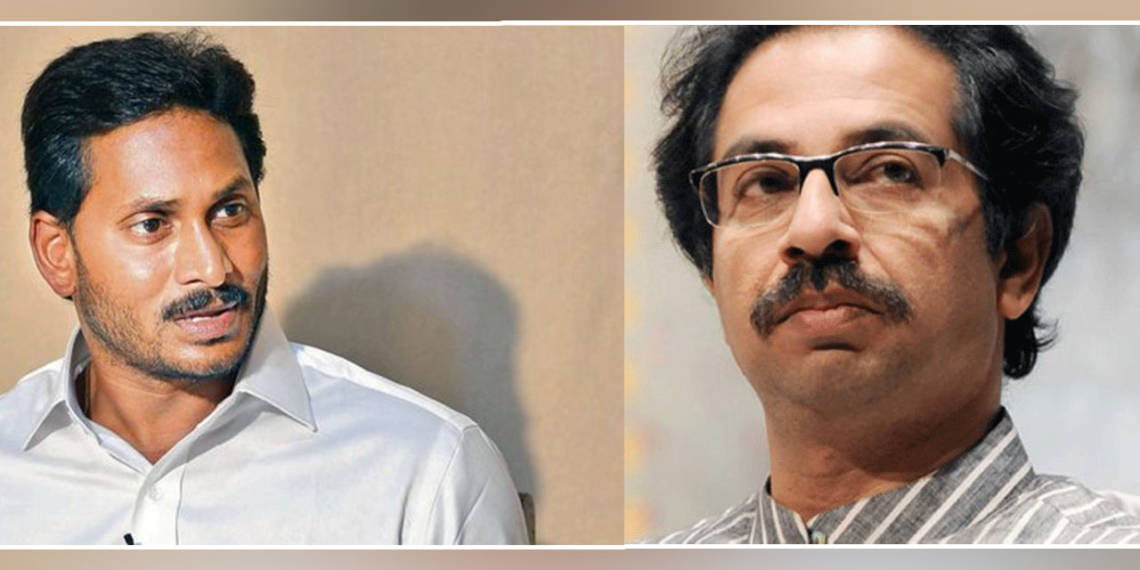
In October 2019, India moved up 14 spots to 63 on World Bank’s Ease of Doing Business (EDB) rankings. This was perceived as a huge positive for the economy amidst a record slowdown. What remained hidden though, was India’s rank in ‘Commercial Contract Enforceability’(one of the criteria for EDB). It remained at a rather appalling 163 out of 190 countries.
[Read: What is Ease of Doing Business Index?]
Effective enforcement of a commercial contract involves two factors. First, both parties to the contract adhere to the terms of the contract. And second, that there is a swift dispute resolution mechanism in case there is a fallout. It is important for a variety of reasons. It provides confidence for ‘doing business’, reduces uncertainty in business dealings and promotes fair play in the economy.
Unfortunately, commercial contract enforceability in India is a nightmare. It takes 1445 days on average to resolve a commercial dispute through legal recourse. As a result, businesses are averse to taking too many risks in our economy. Also, banks tend to charge a higher interest rate on lending. They have little faith that they will be able to recover their loans through the legal machinery.
Another reason for India’s poor performance in the enforceability of commercial contracts is that enforceability is a challenge for the government as well. Contracts entered into by/with the government tend to get modified or nullified post-signing. This is usually a result of a change in regime at the state level. New state governments hardly honour the contracts entered into by their predecessors. As a consequence, the risk for foreign investors increases manifold, and they are discouraged from investing.
This situation can be aptly explained by taking two recent examples- Andhra Pradesh and Maharashtra.
What happened in Andhra Pradesh?
After Jagan Mohan Reddy became the CM of Andhra Pradesh, he immediately announced a review of 21 Power Purchase Agreements entered into by his predecessor, Chandrababu Naidu. He also decided to review the Amravati Capital City project.
His contention was that TDP under CM Naidu had bought electricity at ridiculously high prices. So, he put a lot of burden on the state’s finances as a result. While his opponents believed that CM Reddy wanted to favour his own cronies.
Jagan Mohan Reddy’s decision, however, put a lot at stake for the central government, who then got involved in this power struggle. It pressurised the state government not to go ahead with their review as it would hurt India’s reputation as a green energy champion, and also scare away foreign investors.
In July, the World Bank and the Asian Infrastructure Investment bank had already pulled out of the Amravati Capital City Project after Jagan decided to review it. The same could not happen with the PPA, which included major investors such as Goldman Sachs, Brookfield Soft Bank, etc.
The power tussle in the state, over the PPAs, is not over yet.
What happened in Maharashtra?
The recent announcement by the Maha Vikas Aghadi (MVA) coalition to review the ambitious Bullet Train Project has sent shockwaves across the country. The project, which costs about 1.1 lakh Crore, is being funded primarily by Japan(80%). Japan had extended help in the form of a loan, which is to be repaid in 50 years at a minuscule interest rate of 0.1%.
Though the Maharashtra government is not investing money into the project, its expenditure is in the form of 25% equity through land acquisition.
The MVA coalition, which is worried about Maharashtra’s growing debt, has decided to review the urgency of the bullet train project. However, with a debt to GDP ratio of about 16%, the government should not really be worried about the debt. It is difficult to rule out political considerations in this controversial decision.
If the project gets affected by this decision, it will severely hurt India’s bilateral relationship with Japan. It will also affect India’s reputation as an attractive investment destination. At this point, one can only hope that the MVA coalition does not take any decision which goes against the nation’s interests.
What can be the consequences of such a trend?
Usually, costs incurred by a contractor in pre-construction activity is not accounted for. Such costs turn into a loss if the project does not fructify. Even when there is a delay in the project, it leads to increased costs. And then there is the prospect of job loss if governments fail to honour past contracts.
Also, if successive state governments junk past projects, foreign investors would start worrying about the sanctity of contracts in India. They will start charging a hefty premium to cover their risks. In case a foreign government is involved, bilateral relations can be at a huge risk.
There needs to be a legislative intervention to reverse this trend.
What is the government planning to do?
The central government is mulling over a law to protect investors and prevent governments from being dragged into international arbitration tribunals.
This law will probably disallow state governments from cancelling any contract if investments reach a certain stage. Any cancellation will lead to hefty penalties, and the Government hopes that this will act as a deterrent.
Only if there is a very compelling reason, the state governments will be allowed to annul past contracts.
Conclusion
When it comes to infrastructure, our country is highly underdeveloped. The situation can be improved through sustained investment, most of which has to come from outside. In order to make rapid progress, the state governments need to ensure that they honour their word, and not pull out of contracts over petty or relatively unimportant reasons. India has been seen as an attractive destination for foreign investment. It is important that the perception is not marred because of this trend.